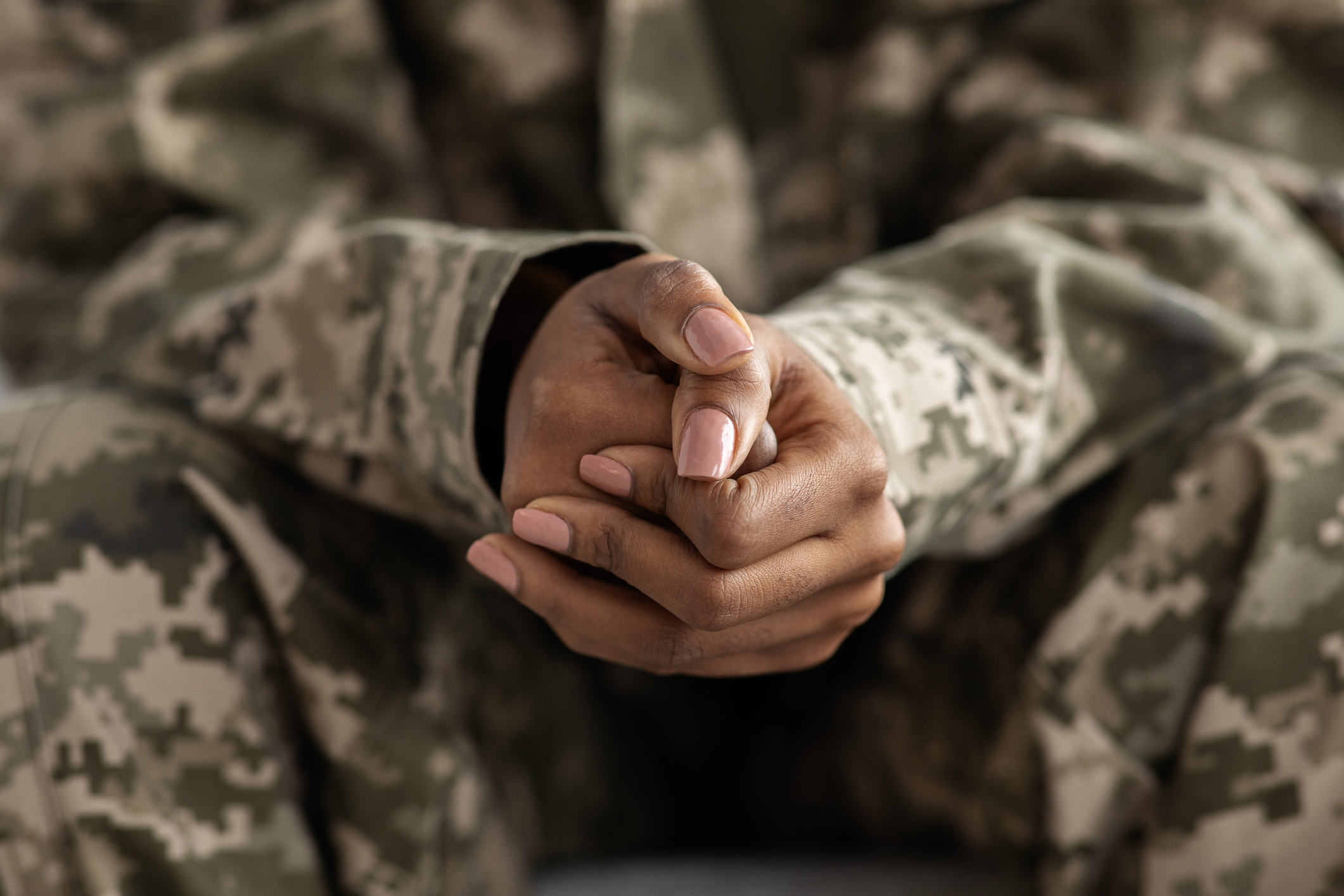Home > Prioritizing Equity in Prevention

The Pacific Southwest PTTC presents Prioritizing Equity in Prevention, a collection of Learning Sessions dedicated to highlighting substance misuse disparities among special populations in the United States. Each Learning Session in this collection delves into epidemiological and hypothesis-driven research surrounding unique issues specific populations face. Moving beyond surface-level adaptations, we explore strategies aimed at prioritizing health equity within primary prevention settings. Each session focused on a particular population, to examine their distinct risk and protective factors. Additionally, we highlighted specialized considerations for substance misuse prevention professionals, equipping them with invaluable insights for effective engagement within these communities.

Covering research on substance misuse disparities among Hispanic and Latina/o adults in the US, this session highlighted the importance of addressing intra-ethnic trends and cultural background for promoting health equity in primary prevention settings. It also discussed adapting existing prevention programs to better serve Hispanic/Latin communities through cultural adjustments, providing practical examples.

Addressing risk and protective factors of substance misuse and health inequities among LGBTQ+ youth and communities, this session explored why this population faces heightened risks and difficulties accessing services. Insights into strategies and best practices for effectively preventing substance misuse and supporting LGBTQ+ youth were explored.

Focused on Asian Americans (AA) and Native Hawaiian and Pacific Islanders (NHPI), this session addresses the underutilization of behavioral health services due to shared cultural factors. It emphasized best practices and cultural responsiveness to promote mental health and prevent substance misuse in these communities.

Substance use is a significant health disparity in rural Hawaiian communities, with Native Hawaiian youth reporting the highest rates of early initiation and treatment demand in Hawai‘i. This Learning Session covered youth substance use in Hawai‘i, examining regional and ethnic disparities and offering a framework for substance use prevention among Native Hawaiian and Pacific Islander populations..

Health and equity among the American Indian and Alaska Native (AI/AN) population is influenced by their living conditions and ongoing resilience. This Learning Session delved into shared health determinants that contribute to substance use among AI/AN communities, including discussions on how traditional healing practices can intersect with substance misuse prevention efforts.

This session defined terms that are essential to the discussion around health equity as well as the roots of how inequities were formed in African American communities. The impact of these disparities was explored before discussing preventive measures and the prevention practitioner’s role in fostering equity.

U.S. military personnel face numerous health disparities due to occupational stresses and frequent relocations, which contribute to alcohol misuse and hinder seeking treatment. Despite reporting higher levels of binge drinking compared to the civilian population, concerns about career ramifications often deter personnel from seeking support. This Learning Session addressed risk factors in the military alcohol environment, drawing parallels to prevention efforts in colleges and offering participants creative ideas for collaborating with the military community to address alcohol-related issues.
Structural Racism and Supporting People of Color: The Role of Prevention Professionals
Why Health Equity Matters in Prevention – Part 1
Why Health Equity Matters in Prevention – Part 2
Important Concepts in Understanding Why Health Equity Matters in Prevention
The Prevention Coalition's Role in Addressing Health Disparities
Cultural Competence and Health Disparities in Substance Misuse Prevention
The Pacific Southwest PTTC is dedicated to providing training and technical assistance services to the substance misuse prevention field. For more information about our services, please reach out to us at [email protected].